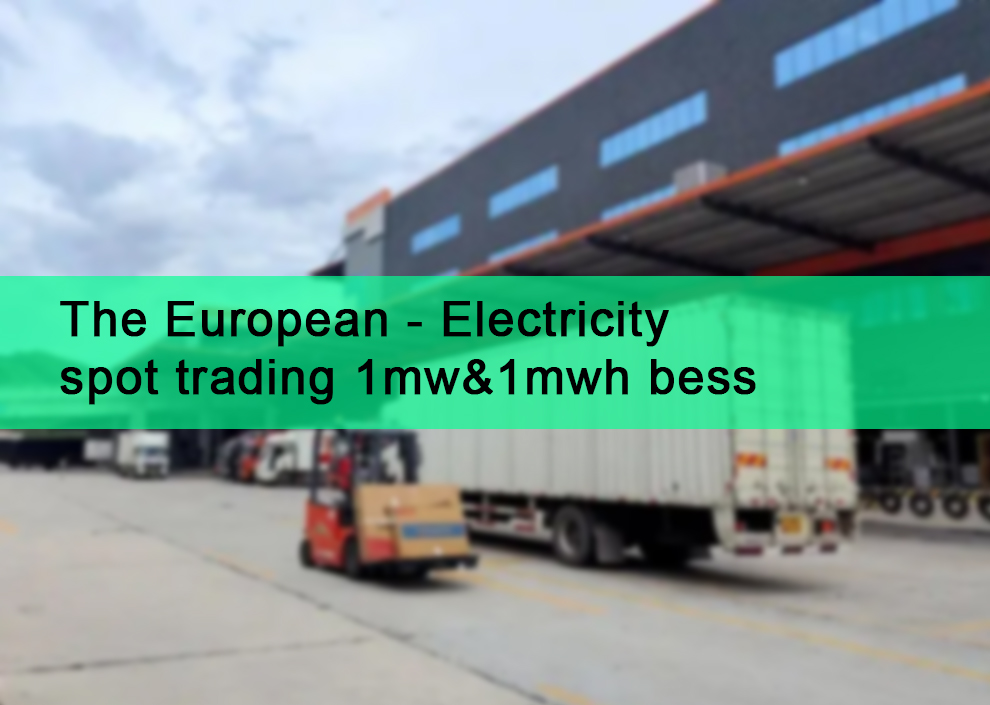Japan: First energy storage investment fund to be managed by Itochu, Gore Street Capital
2024-08-29
The nascent grid-scale energy storage market in Japan now has its first-ever dedicated investment fund, and it will be jointly managed by Gore Street Capital, which launched one of the UK’s.
Gore Street, which launched Gore Street Energy Storage Fund back in 2018, announced this morning (4 December) that it has been selected along with Japanese conglomerate Itochu to look after the new fund.
It takes the form of a public-private partnership with the Tokyo Metropolitan Government (TMG), which chose and appointed the pair through a competitive solicitation. Both partners will be responsible for the fund’s technical and economic decision-making.
TMG will contribute an initial 2 billion (US$13.63 million) to invest. Itochu will also put money in, while other private investors are also being sought to take part. Investments will be focused on projects in the Kanto region, which comprises the Tokyo Metropolitan area and six surrounding prefectures.
Much of the new investment fund’s remit is around establishing a new “green financing model” for investments in utility-scale battery energy storage system (BESS) assets in Japan, Gore Street said.
Its partner Itochu, active in areas including raw textiles, machinery, metals, fashion labels to real estate, food, insurance and financial services to energy, is one of the market leaders in sales of residential battery storage systems in Japan with around 55,000 units sold as of the start of this year.
Itochu has also already made its entrance into the large-scale BESS sector. It announced its first 11MW/23MWh project in Osaka Prefecture, west Japan, in partnership with utility Osaka Gas in June. The company also entered a partnership with Australian developer Akaysha Energy for utility-scale BESS projects in Japan a while back, which it announced in September.
Fundamental need for storage in Japan
Japan, like Britain, is an island country with relatively little interconnection to neighbouring states. That means it needs to balance and manage volatility within its own grid networks, and energy storage is a key technology to enable that, especially as rising shares of renewable energy will increase that volatility.
Similarly, like the UK, Japan has seen deregulation of electricity markets as an important means to enable greater competition of supply and services. However, unlike the UK, energy storage is yet to take off in Japan.
This is partly because historically the Japanese electricity sector has been a series of top-down regional monopolies, administered and owned by powerful generation companies that also operate the grid in their respective regions. In the UK, various competitive market opportunities exist for grid-balancing ancillary services like frequency response, for example.
Japan’s efforts to deregulate its markets and remove those monopolies are still at an early stage. Efforts to create fertile markets for energy storage meanwhile have received a significant boost in the past year or so, but remain at a relatively early stage.
 Innovative Solutions - The European...
Innovative Solutions - The European...
 Innovative Solutions - The European...
Innovative Solutions - The European...
 Innovative Solutions - The European...
Innovative Solutions - The European...
 Innovative Solutions - The European...
Innovative Solutions - The European...
 Key Technologies for Energy Storage Converters or Power Conversion System (PCS)...
Key Technologies for Energy Storage Converters or Power Conversion System (PCS)...



